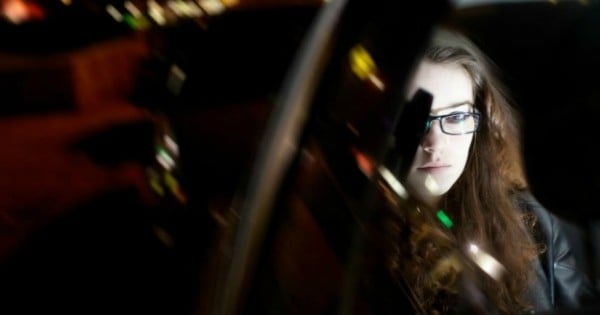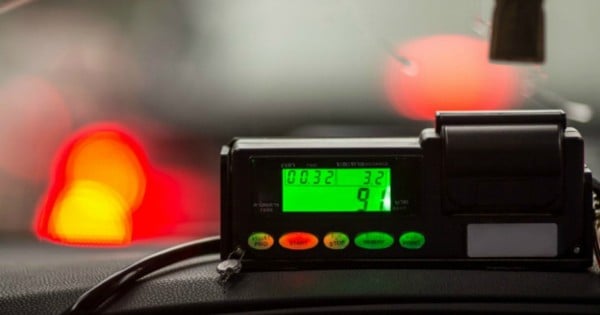
Turning his head and leaning toward me, the taxi driver asked, “Is your party over for the night?”
“It wasn’t really a party, just a few drinks with friends — but yes, all done,” I replied, thinking nothing of the small talk in the empty cab.
“Where are you going tonight?”
“Just home,” I said, looking down at my phone, not really interested in talking more.
He continued, “You’re very lovely, did you know? The men like the girls.”
I start to pay attention to the man in the driver’s seat. He’s in his late 50s, possibly even his 60s. He’s olive skinned, just as I am. He has a heavy beard, peppered with grey, white and black hairs. If I had to guess, I’d say he had brown eyes.
































































































